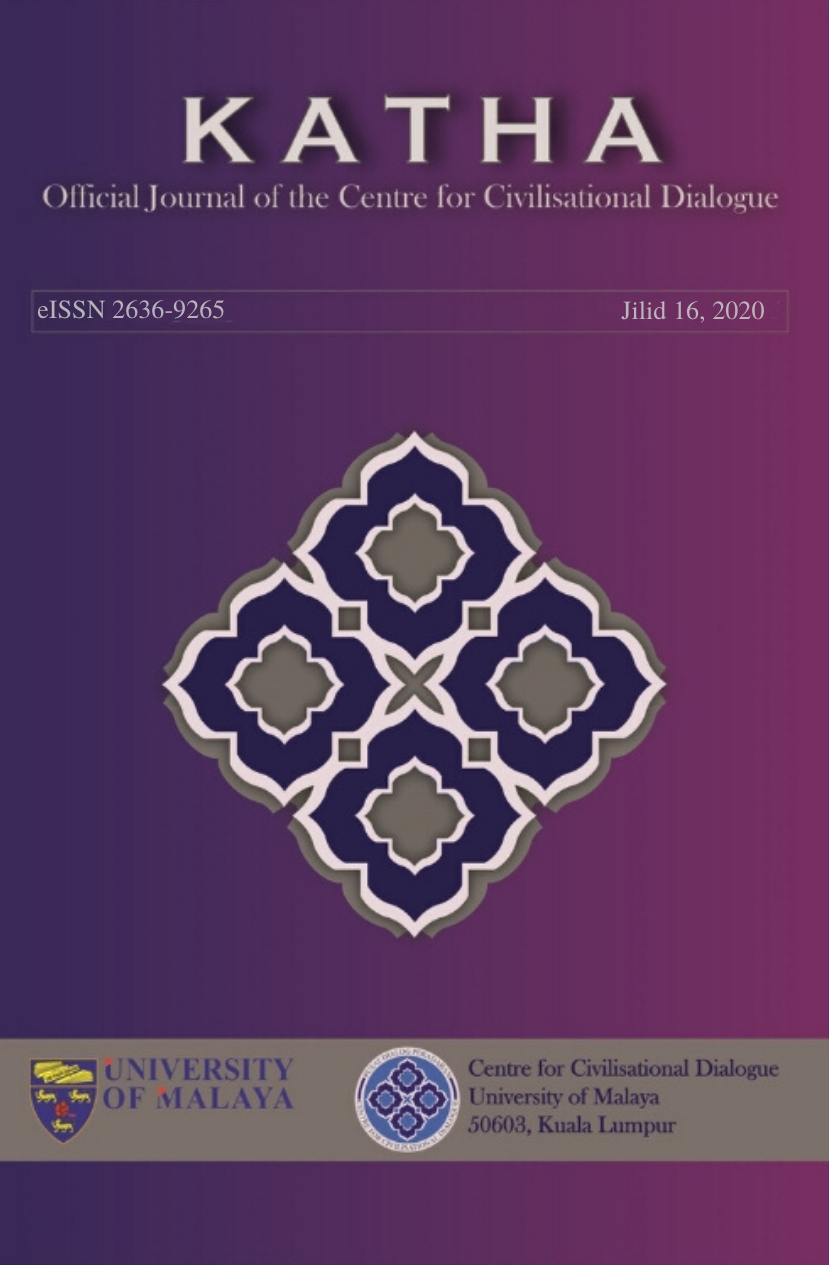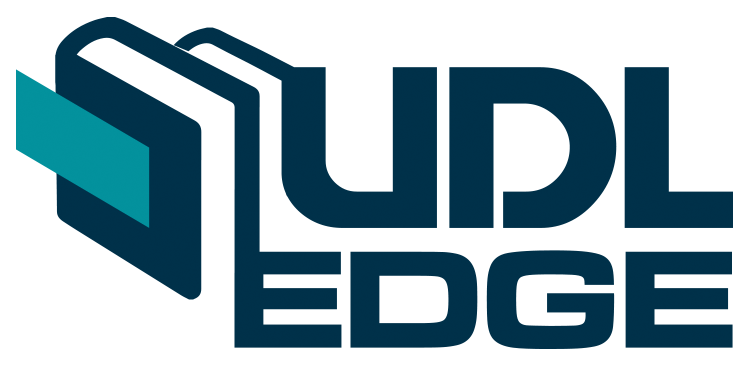The Aggressiveness of Russia’s Politic and the Limitations of Western Europe’s Politic
DOI:
https://doi.org/10.22452/https://doi.org/10.22452/KATHA.vol16no1.1Keywords:
Pro-western Policy, Neo-classical Realism, NATOAbstract
The purpose of this topic is to discuss the massive limitations of Pro-Western policies based on the impacts of Ukraine crisis and Crimea annexation. The international orders that existed nowadays, such as the UN Charter, NATO Articles, and EU policies, are purposely set-up to promote global peace and harmony in our world order. However, the impact of the Ukraine crisis is contrary to the intention of international orders, as the reality in Europe. The scope of this study is restricted to the NATO policies, EU policies, and the introduction of the UN Charter. Content analysis is the methodology to identify three sections for this study. This study is divided into three sections, i.e. the limitation of the Western policy in the Ukraine conflict, the weakness of NATO military power, and the failure of Pro-Western policies in the case of Ukraine crisis. The sections were analysed by the Neoclassical realism approach to ascertain the irrelevance of the international orders within the parameters of the UN Charter, NATO Articles, and EU policies. Limitations of Pro-Western policies in the case of the Ukraine crisis is unprecedented for the application of Neoclassical realism; hence, reasonably understanding the situation of the Ukraine crisis is the primary application of this study.
Downloads
Downloads
Published
How to Cite
Issue
Section
License
Articles submitted to the journal should not have been published before in their current or substantially similar form, or be under consideration for publication elsewhere. Authors submitting articles for publication warrant that the work is not an infringement of any existing copyright and will indemnify the publisher against any breach of such warranty. For ease of dissemination and to ensure proper policing of use, papers and contributions become the legal copyright of the publisher unless otherwise agreed. By submitting a manuscript, the author(s) agree that copyright for the article is transferred to the publisher, if and when the manuscript is accepted for publication. However, it can be reprinted with a proper acknowledgment that it was published in KATHA.

This work is licensed under a Creative Commons Attribution-NonCommercial-NoDerivatives 4.0 International License.




